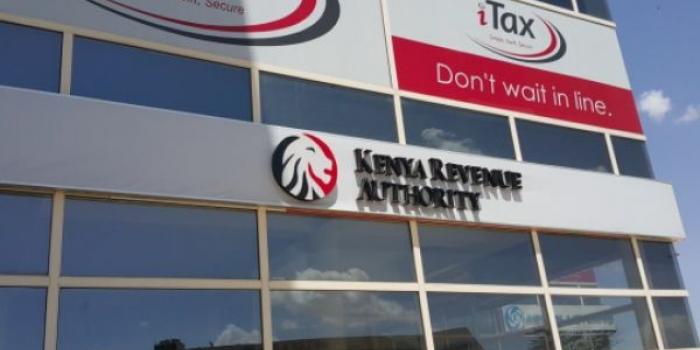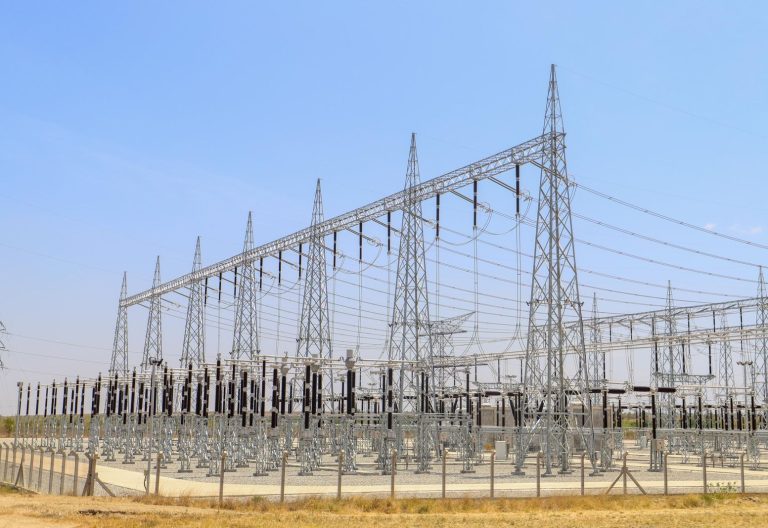KRA announces 6-month amnesty on tax penalties

Kenyans can now breathe a sigh of relief as the Kenya Revenue Authority (KRA) introduces a six-month tax amnesty on penalties and interest for late submissions.
The amnesty, effective until June 30 next year, offers individuals and businesses the opportunity to regularize their tax affairs without additional financial strain.
KRA said a person who has not paid all the principal taxes accrued up to December 31, 2023, and is unable to make a one-off payment for the outstanding principal taxes will be required to apply to the Commissioner for the amnesty and propose a payment plan for any outstanding principal taxes, which should be paid by June 30, 2025.
The move comes at a time when many Kenyans are grappling with the effects of heavy tax policies. By waiving penalties and interest, the KRA may ease pressure on taxpayers while boosting compliance and revenue collection.
Move amid renewed pressure
The move by the KRA comes as President William Ruto faces renewed pressure to reassess his administration’s revenue mobilisation strategies in the New Year with data from Treasury revealing significant shortfalls in tax collection.
Speaking at the Supreme Court on December 30, during his appointment as the KRA board chairman, former Laikipia Governor Ndiritu Muriithi emphasized the Authority’s commitment to becoming more customer-focused.
“We want to ensure that the client is at the center of everything that we do. Right now, we have a tax amnesty on penalties and interest. If you’ve fallen behind, you have six months to regularize. And the good thing is, you don’t have to pay all of it at once,” Muriithi said.
Leveraging technology
Muriithi, appointed by President William Ruto, also highlighted KRA’s plans to improve service delivery through technology and streamlined processes. “We aim to institutionalize a service culture across all touchpoints, ensuring that our systems are user-friendly, accessible, and fit for purpose. This is all to make it more convenient for our clients to pay taxes,” he added.
The Authority is set to collaborate with stakeholders from both the public and private sectors while introducing sector-specific programs to address unique client needs. Muriithi stressed the importance of simplifying tax payment processes and reaffirmed KRA’s commitment to governance, oversight, and accountability.
This initiative follows the National Treasury Cabinet Secretary John Mbadi’s recent criticism of KRA’s low revenue collection during a summit in October. Mbadi attributed the shortfall to the technical challenges of the iTax and Integrated Customs Management Systems (iCMS), which have complicated compliance for many taxpayers.
KRA’s previous tax amnesty, which expired on June 30 this year, aimed to raise Sh50 billion but fell slightly short, collecting Sh43.9 billion. Despite this, approximately 2.62 million taxpayers benefited from the initiative.
The tax amnesty program was first introduced through the Finance Act 2023, and this extension reflects KRA’s ongoing efforts to address systemic challenges and foster a more cooperative relationship with taxpayers.
By shifting towards a client-centric approach and leveraging technology, KRA hopes to not only increase revenue collection but also alleviate the frustrations that have long hindered taxpayer compliance.












